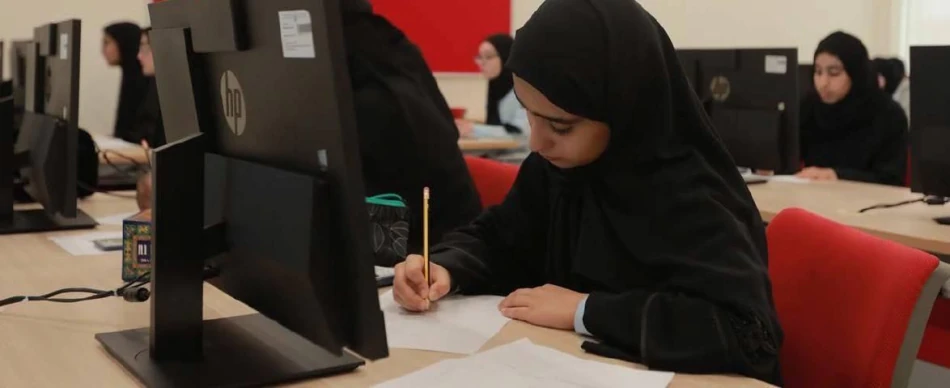
Global Assessments: Identifying Strengths and Improvement Opportunities in the Education System
UAE Doubles Down on Global Education Rankings as Regional Competition Intensifies
The United Arab Emirates is systematically participating in major international education assessments as part of a strategic push to benchmark its educational system against global standards and maintain its competitive edge in the region. This comprehensive approach spans from early childhood through secondary education, positioning the UAE as a serious contender in the global education arena while providing crucial data to drive policy reforms.
Strategic Assessment Portfolio Covers All Educational Stages
The UAE's participation encompasses five major international evaluations that collectively paint a complete picture of educational performance. The Program for International Student Assessment (PISA) evaluates 15-year-olds in reading, mathematics, and science, plus rotating innovative domains like financial literacy, creative thinking, or global competence depending on the assessment cycle.
For younger students, the Trends in International Mathematics and Science Study (TIMSS) measures fourth and eighth-grade performance in mathematics and science, while the Progress in International Reading Literacy Study (PIRLS) focuses specifically on fourth-grade reading comprehension skills.
Perhaps most notably, the UAE participates in the International Early Learning and Child Well-being Study (iELS), which assesses four critical domains among 5-year-olds: emerging literacy, emerging numeracy, self-regulation, and social-emotional development including empathy and trust.
Data-Driven Policy Making Takes Center Stage
These assessments serve far beyond mere international bragging rights. The UAE leverages results to identify systemic strengths and improvement opportunities, compare performance across different school types and curricula, and implement targeted educational interventions. This evidence-based approach enables education leaders to refine teaching practices, develop curricula, and craft policies grounded in reliable comparative data.
Regional Context and Competition
The UAE's commitment to international benchmarking comes as Gulf states increasingly compete for educational excellence. Qatar has made significant PISA gains in recent cycles, while Saudi Arabia launched its Vision 2030 education reforms. Singapore consistently ranks among global leaders, setting a high bar for what's achievable in the region.
This systematic approach reflects broader UAE strategy to diversify beyond oil dependency by building human capital. The country's participation in early childhood assessments like iELS demonstrates particular foresight, as research consistently shows early intervention yields the highest returns on educational investment.
Global Education Diplomacy and Soft Power
Beyond domestic benefits, the UAE's active participation strengthens its voice in global education dialogues and enhances its international standing in the education sector. This positions the country as a regional education hub, potentially attracting international schools, universities, and educational technology companies.
The comprehensive nature of UAE's assessment participation—from age 5 through 15—suggests a mature understanding that educational excellence requires sustained attention across all developmental stages, not just high-stakes secondary testing. This holistic approach may prove crucial as the country seeks to build a knowledge economy capable of competing globally.
Most Viewed News

 Omar Rahman
Omar Rahman






